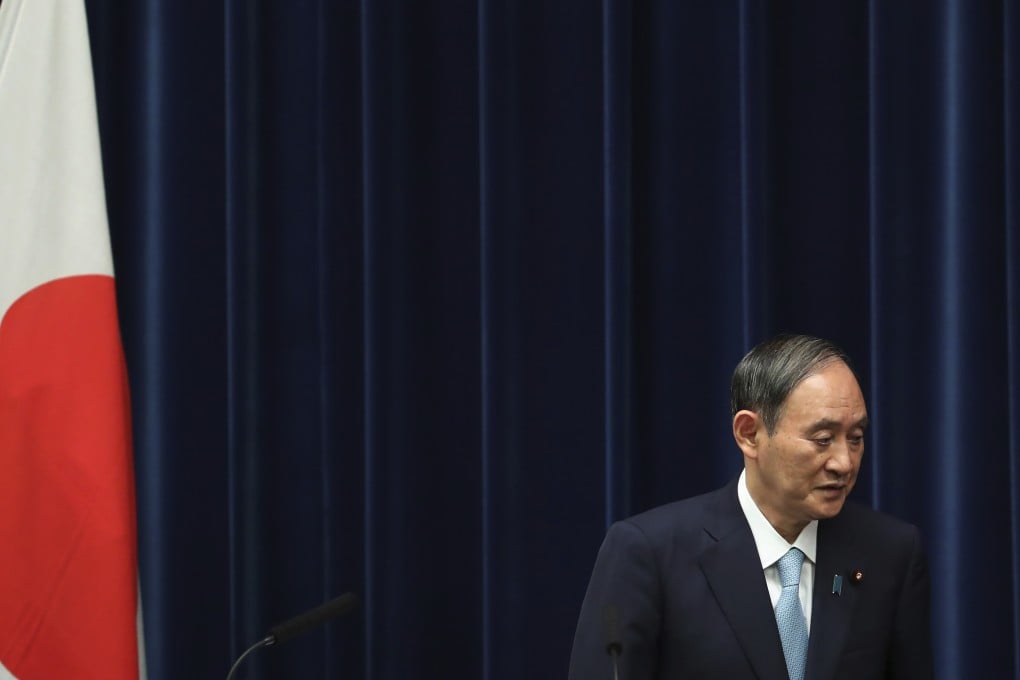China ties, Taiwan top agenda as race for Japan’s new LDP leader, prime minister heats up
- Campaigning for the ruling party’s leadership election on September 29 begins on Friday and Taiwan has emerged as a priority issue for the contenders
- All of them seem to agree on the need to counter China, and analysts expect Tokyo’s warm Taipei ties to continue whichever candidate wins

Fumio Kishida, a former foreign minister, and Sanae Takaichi, a former internal affairs minister, had already declared they were in the running.

02:22
Japanese Prime Minister Yoshihide Suga to step down
Other names put forward by the media have included Seiko Noda, another ex-internal affairs minister, and former defence minister Shigeru Ishiba, though the latter – who often ranks high in popularity polls – has reportedly decided against running to throw his support behind Kono instead.
Kazuto Suzuki, a professor of international political economy at the University of Tokyo’s Graduate School of Public Policy, said that while there had been a division between pro-Beijing and pro-Taipei camps within the LDP in the past, today’s leadership contenders all agreed on the need to counter Chinese aggression.
“There may be a different tone. Takaichi will be the toughest and Kishida may be the softest against China, but there won’t be a big change in the overall policy,” Suzuki said.